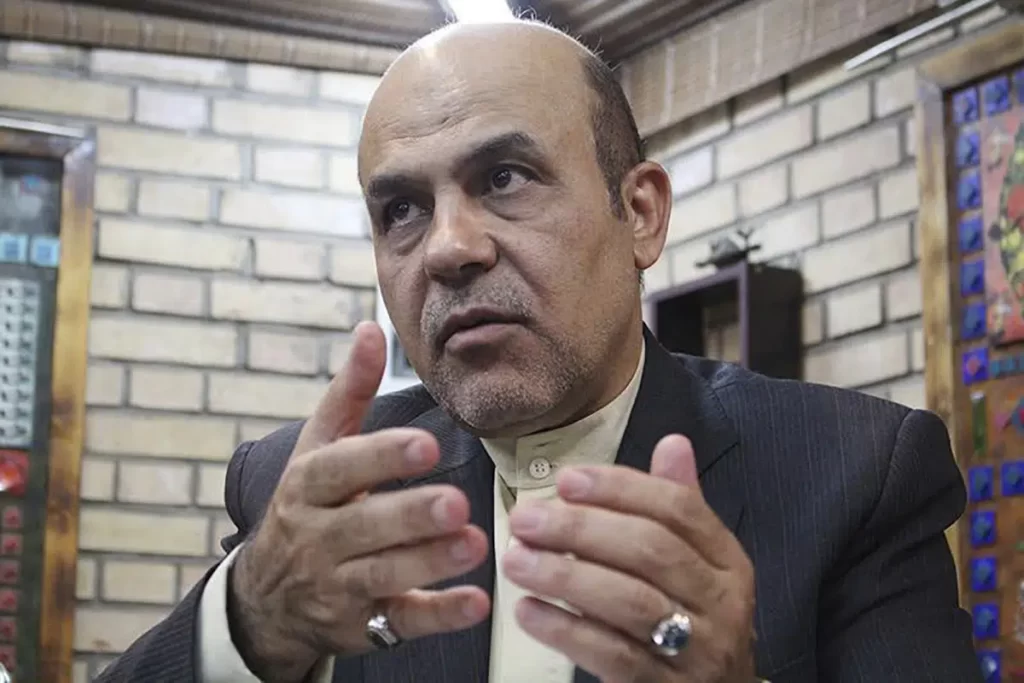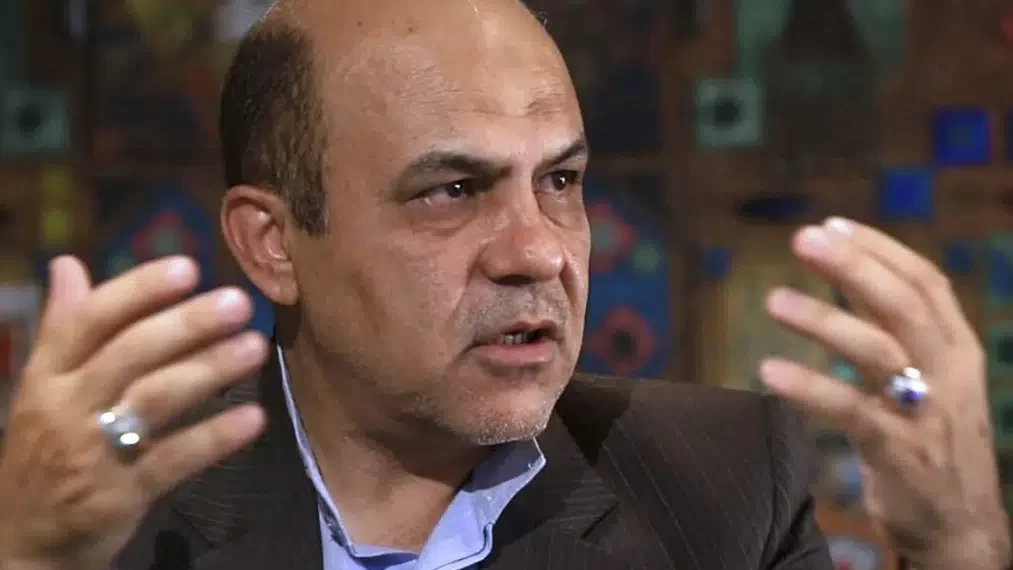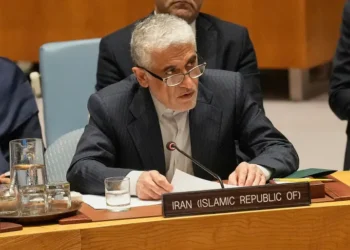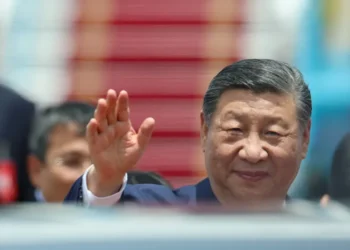Iran disclosed on Saturday, January 14, 2023 that it had hanged a dual Iranian-British national who once held a high-ranking position in the country’s Defense Ministry despite international warnings to halt his death sentence.
The hanging of Ali Reza Akbari, a close ally of top Security Official, Ali Shamkhani, depicts an ongoing power struggle within Iran’s theocracy as it struggles to contain the demonstrations over the September death of Mahsa Amini.
Akbari’s hanging drew immediate fury from Britain, which along with the U.S. and others has sanctioned Iran over the protests and for supplying Russia with the bomb-carrying drones now targeting Ukraine.
“The execution of British-Iranian Ali Reza Akbari is a barbaric act that deserves condemnation in the strongest possible terms. Through this politically motivated act, the Iranian regime has once again shown its callous disregard for human life. This will not stand unchallenged.”
Foreign Secretary James Cleverly
Iran’s news agency which is associated with the country’s judiciary, announced Akbari’s hanging without revealing when it happened. However, there were rumors that Akbari had been executed days earlier.
Iran has alleged, without providing evidence, that Akbari served as a source for Britain’s Secret Intelligence Service, known popularly as MI6.
A lengthy statement issued by Iran’s judiciary claimed Akbari received large sums of money, his British citizenship and other help in London for providing information to the intelligence service.
Akbari, who ran a private think tank, is believed to have been arrested in 2019, but details of his case only emerged in recent weeks.
Those accused of espionage and other crimes related to national security are usually tried behind closed doors, where rights groups say they do not choose their own lawyers and are not allowed to see evidence against them.
Iranian state television aired a highly edited video of Akbari discussing the allegations, footage that resembled other claimed confessions that activists have described as coerced confessions. Iran has not commented on the torture claims.
However, the United Nations human rights chief has warned Iran against the “weaponization” of the death penalty as a means to put down the protests.
On Friday, January 13, 2023, U.S State Department Deputy Spokesman, Vedant Patel criticized Akbari’s pending execution.
“The charges against Ali Reza Akbari and his sentencing to execution were politically motivated. His execution would be unconscionable. We are greatly disturbed by the reports that Mr. Akbari was drugged, tortured while in custody, interrogated for thousands of hours, and forced to make false confessions. More broadly, Iran’s practices of arbitrary and unjust detentions, forced confessions and politically motivated executions are completely unacceptable and must end.”
Vedant Patel

One Of The World’s Top Executioners
Iran is one of the world’s top executioners. However, it was not immediately clear the last time a former or current high-ranking Defense Official had been executed.
In 1984, Iran executed its navy Chief Adm. Baharam Afzali along nine other military people on the charge of spying for Soviet Union.
Iran’s government for months has been trying to allege, without offering evidence, that foreign countries have incited the unrest emerging in the Islamic Republic since the death of Amini in September after her detention by the morality police.
Protesters say they are angry over the collapse of the economy, heavy-handed policing and the entrenched power of the country’s Islamic clergy.
Akbari had previously led the implementation of a 1988 cease-fire between Iran and Iraq following their devastating eight-year war, working closely with U.N. observers.
Akbari served as a Deputy Defense Minister under Ali Shamkhani during reformist President Mohammad Khatami’s administration, likely further making his credentials suspicious to hard-liners within Iran’s theocracy.
READ ALSO: Israel’s Outgoing Army Chief Warns Against New Coalition’s Plans























